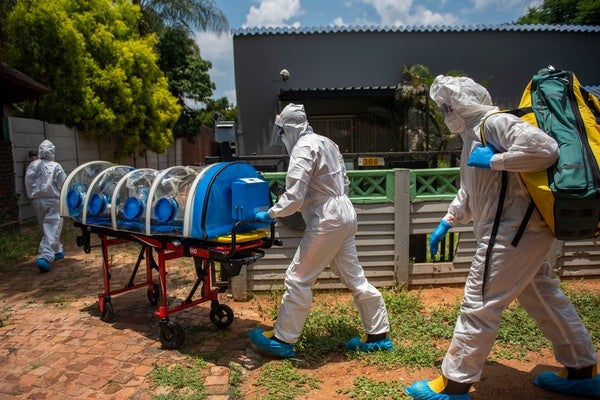 |
| November 29, 2021 |
 |
| |
| |
| |
| |
| |
| |
| |
| |
| |
| Diversity Lost Women of Science, Episode 4: Breakfast in the Snow In our final episode, we explore Dorothy Andersen's legacy—what she left behind and how her work has lived on since her death. Describing her mentor's influence on her life and career, Dr. Celia Ores gives us a rare look into what Dr. Andersen was really like. We then turn to researchers, doctors, and patients, who fill us in on the progress that has grown from Dr. Andersen's initial work. These major developments include the discovery of the cystic fibrosis gene, the tremendous impact of the drug Trikafta, and the potential of lifesaving gene editing techniques. | | By Katie Hafner,The Lost Women of Science Initiative | | | |
| |
| |
| |
| |
FROM THE STORE
 | | | |
| |
| |
LATEST ISSUES
 |
| |
| Questions? Comments?  | |
| Download the Scientific American App |
| |
| |




